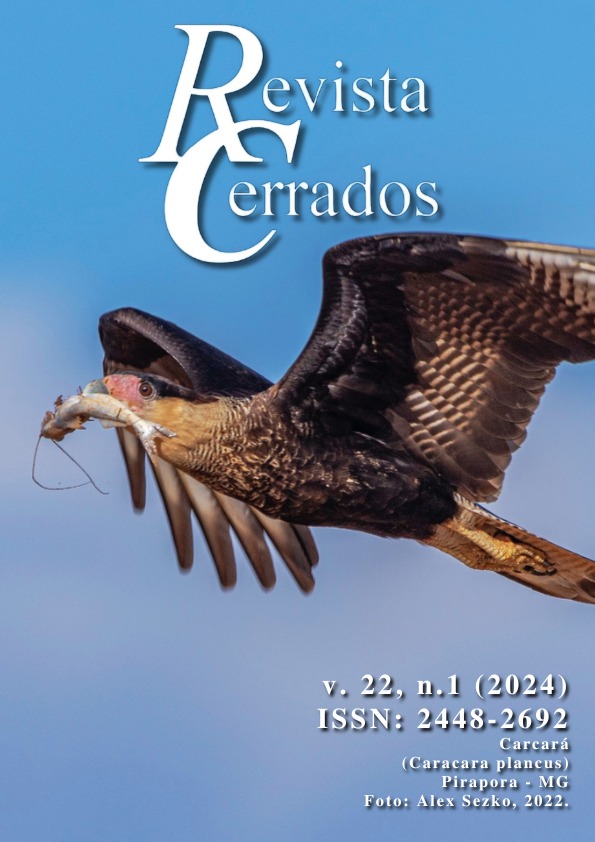Socioeconomic development and new agricultural frontiers in municipalities in the Matopiba region
DOI:
10.46551/rc24482692202402Keywords:
Agribusiness, Agricultural Frontier, Socioeconomic Development, Factor analysis.Abstract
The growth of Brazilian agricultural production identified a great structural dynamism, considering the opening of the internal market through industrial production, from the aggregation of new areas, previously isolated, and the integrated production to the national economy. Occurring thus, in this territory a growth of the production of grains and the improvement in the socioeconomic indicators. However, there are studies showing that the results are not characterized in better living conditions of the population. The present study sought to identify and analyze the socioeconomic development, from the expansion of agribusiness, in the municipalities of the new agricultural frontier (MATOPIBA) in the years 2000 and 2010. To consolidate the analysis, in addition to bibliographical and documental research, we used Factor Analysis (FA) was used to develop the construction of a socioeconomic development index that encourages understanding the degree of socioeconomic development of the municipalities that are part of the new agricultural frontier, MATOPIBA. The AF model was satisfactory and showed a total explained variance greater than 0.70 of the total variance of the 15 chosen variables. In the extraction of the factors, 04 constructs were used to construct the Socioeconomic Development Index and enabled a classification into three degrees of development (low, medium and high) among the municipalities used in the study. The results showed that the socioeconomic development index is quite discrepant and expose heterogeneity in the municipalities studied. Evidences highlight the need to elaborate a public policy aimed at promoting territorial development, which should consider relevant aspects, such as education, health, inequality, basic sanitation, among others.
Downloads
Downloads
Published
How to Cite
License
Copyright (c) 2024 Revista Cerrados

This work is licensed under a Creative Commons Attribution-NonCommercial-NoDerivatives 4.0 International License.
In this journal, the copyrights for published articles belong to the author (s), with the rights of the first publication belonging to Revista Cerrados. The articles are publicly accessible, free to use, their own assignments, educational assignments and non-commercial applications.


















